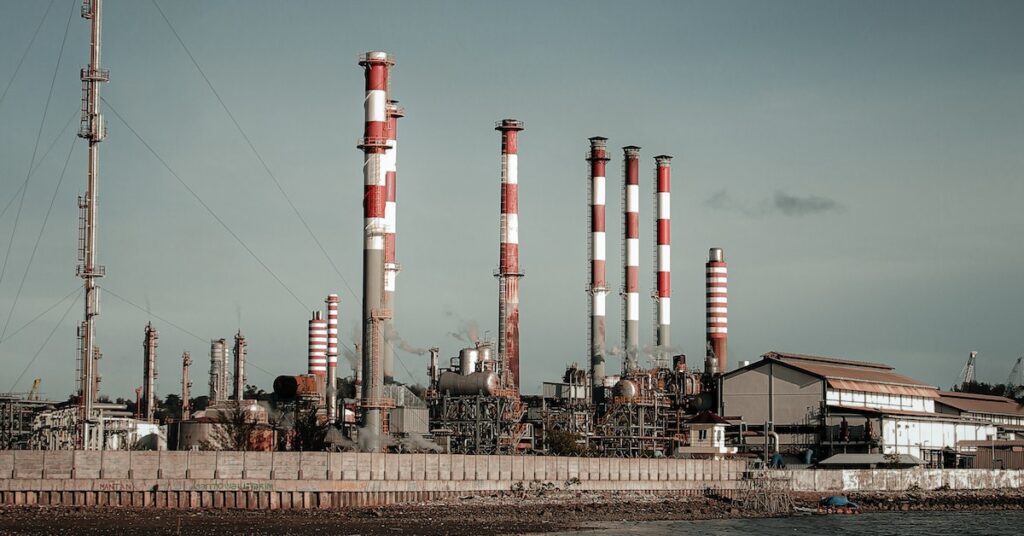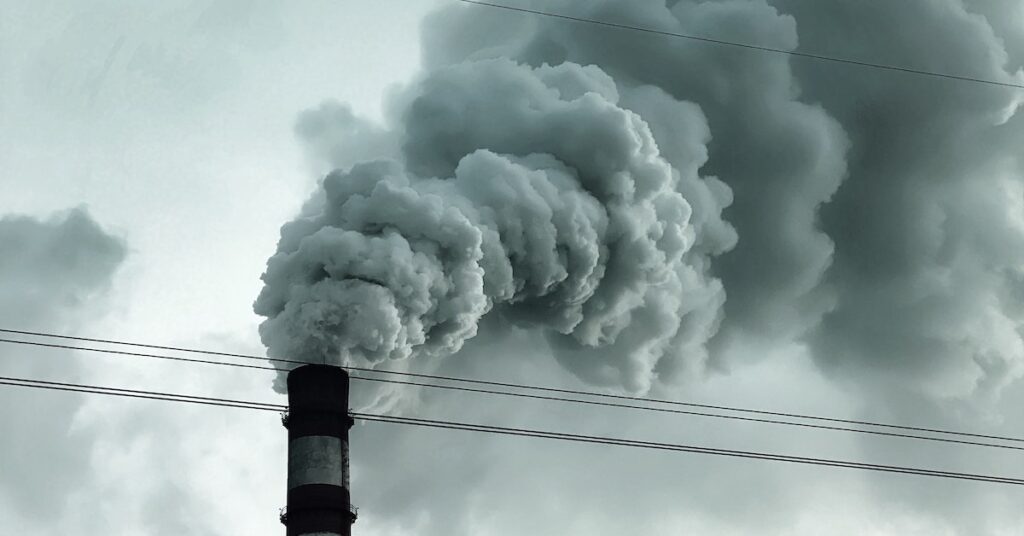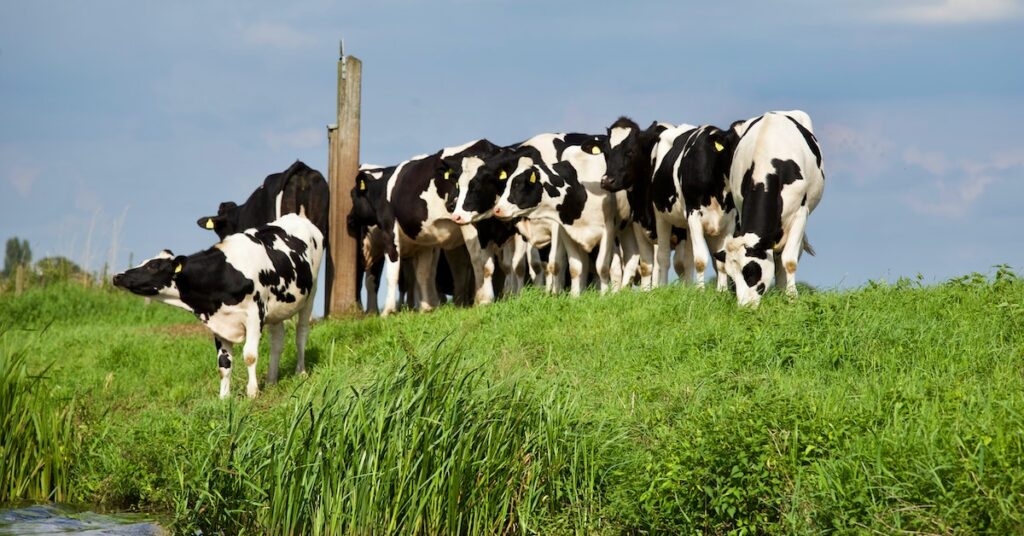Hydrogen is a renewable resource that can be used to reduce carbon emissions in the long term. But it can also contribute to climate change if it leaks, making it worse in the coming decades. This is why the hydrogen-based economy needs to be designed so that leakage is kept to a minimum. Some hydrogen […]
Tag Archives: green climate
Hydrogen is not climate friendly at present, but it can be made green and is a viable alternative to fossil fuels. The technology to create green hydrogen is in its early stages, but massive investments are underway to bring the technology to commercial scale. When developed and deployed correctly, hydrogen technology can deliver real climate […]
While there are many sources of methane, it is the oil and gas industry that is responsible for the largest proportion of these emissions. The study focused on ultra-emitters, those that release at least 25 metric tons per hour and account for up to 12% of oil and gas industry emissions. The researchers found that […]
If you’re concerned about human methane emissions, you’re not alone. This article will provide information about the sources, impacts, and the progress being made to reduce emissions. It will also show why the issue is so important. After all, the emission of this greenhouse gas equals the equivalent of 788 million cars! Sources Humans are […]
EPA estimates of methane emissions from oil and natural gas facilities are based on aircraft observations and facility-scale measurements. The estimated amount is roughly equivalent to 13+-2 Tg/y, or 2.3% of gross U.S. gas production. However, these estimates may not reflect actual emissions because they do not account for abnormal operating conditions. In addition, methane […]
The release of methane gases from landfills and hydro dams has contributed to global warming and the growth of wildfires. In addition, climate change is accelerating methane releases from Arctic soils and seas. These gases are also released into the atmosphere by waste from agriculture and wetlands. While these areas are carbon sinks, they are […]
There are several different ways to reduce methane production. These include using synthetic chemicals, rethinking agricultural cultivation, using feed additives, and capturing landfill gas. Each of these methods has its own advantages and disadvantages. For example, synthetic chemicals have some benefits while others are not as effective. Synthetic chemicals reduce methane production The application of […]
Methane is one of the most potent greenhouse gases, with a global warming potential of 100 times more than carbon dioxide. The most common source of methane emissions is livestock farming, although there are other sources as well, such as decomposing waste and rice cultivation. Scientists have gotten some shocks in the last decade as […]
The production of methane in the rumen of cattle increases as the amount of forage in their diets increases. The addition of seaweed to the diet of cows reduced methane production in the rumen. Cattle on diets containing high forage reduced methane emissions by 33% to 52%, and those on low forage diets decreased methane […]
Methane is a greenhouse gas that is found in the atmosphere and contributes to global warming. It has been identified as a potential contributor to climate change, but its true scope is unclear. Methane is a natural gas that is produced from the combustion of fossil fuels, such as oil and coal. This gas is […]











